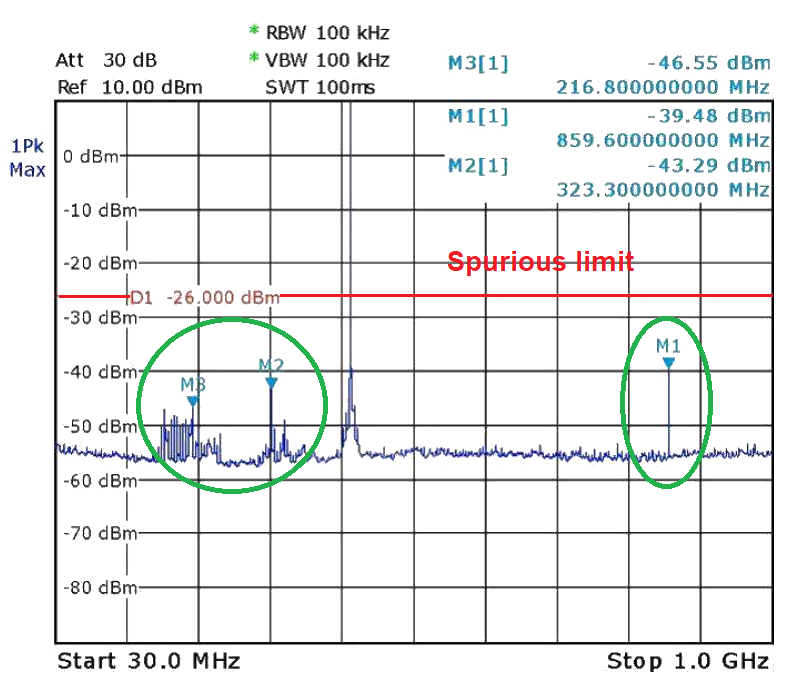 Launching a new product requires specific regulatory markings, depending on the geographical region of the target market. These markings certify that the product complies with the applicable standards and regulations. For example, the FCC mark, used on electronic products intended for the U.S. market, confirms that the device has been approved by the Federal Communications Commission.
Launching a new product requires specific regulatory markings, depending on the geographical region of the target market. These markings certify that the product complies with the applicable standards and regulations. For example, the FCC mark, used on electronic products intended for the U.S. market, confirms that the device has been approved by the Federal Communications Commission.
The compliance evaluation process, commonly referred to as certification, is typically carried out by accredited agencies and/or laboratories. It involves a standardized series of tests addressing various aspects depending on the nature of the product. For standalone connected devices, certification usually focuses on electromagnetic compatibility (EMC), electrical safety, and radio performance.
Certification usually requires the preparation of technical documentation to support the product evaluation, along with a set of administrative requirements that vary depending on the type of certification being pursued.
To optimize the time-to-market of your connected device, it is highly recommended to perform early testing and pre-qualification. This approach helps ensure compliance before initiating the official certification process, reducing both cost and certification time.
With over a decade of experience in the certification of connected products, and having worked across most major global markets (CE/Europe, C-Tick/Australia, ISED/Canada, FCC/USA, ARIB/Japan, etc.), we are well-positioned to support you effectively throughout your certification journey.

